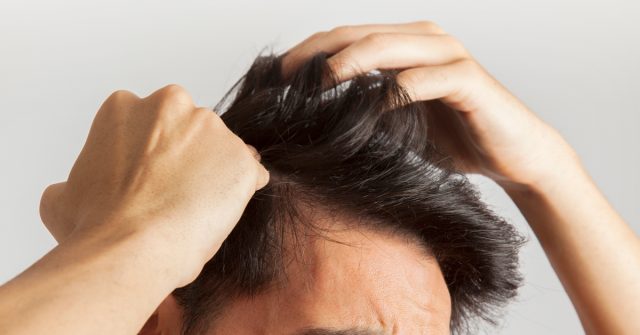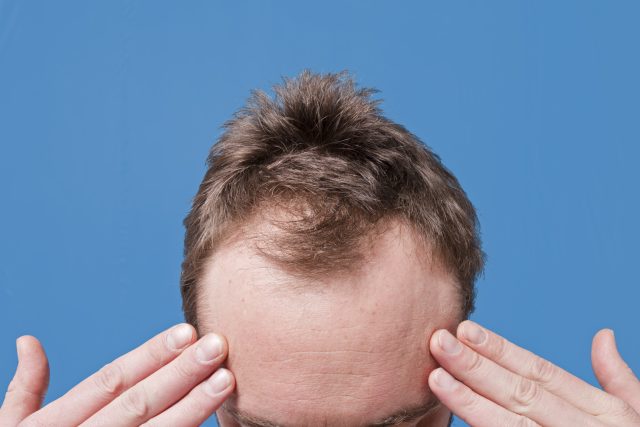Could you have low testosterone levels? Testosterone is essential for male reproduction. It is involved in regulating male sexual development, stimulating sperm production and sex drive, and building bone and muscle mass.
Testosterone production declines by 1–3% each year from 35 to 40 years old. As a result, around 10-40% of men worldwide suffer from a lack of testosterone production. Men with other co-morbidities also have a higher risk of testosterone deficiency.
As testosterone plays a role in many body processes, low testosterone level is linked with various health disorders, for instance, obesity, cardiovascular diseases, and erectile dysfunction.
Below, we’ve mentioned some signs and symptoms of decreased testosterone levels (also known as hypogonadism). If you’re suspected of having low testosterone or want to keep an eye on its related symptoms, continue reading.
Low sex drive
Testosterone is deeply involved in every step of the male sexual response. While there’s a wide range of factors that could lead to low sex drive in males, insufficient testosterone is a cause you should pay attention to. As testosterone production decreases with age, it’s common to experience a decline in sexual desire as you age. Yet, males with low testosterone levels are likelier to experience a significant drop in sex drive.Erectile dysfunction
Although erectile dysfunction is usually a vascular problem instead of a hormonal one, sometimes it can be traced back to low testosterone levels. If you experience difficulties initiating or maintaining an erection, you may want to talk with a healthcare professional. Contact your physician to be diagnosed by a medical professional before taking any medications.Less energy
Low testosterone levels may make you feel extreme fatigue and decreased energy. This is supported by a 2022 study, which found that long-term testosterone replacement could significantly reduce fatigue in men with clinically-diagnosed low testosterone.Fat gain
As much as testosterone regulates male sexual development, it also plays a role in metabolism and muscle growth. Scientists have discovered that men with low testosterone have a higher body fat percentage. Although many reasons can contribute to weight gain, having lower-than-normal testosterone is one. If you’re overweight or obese, losing a few pounds will improve your overall health, make you more attractive, and may also help with your testosterone level.Hair loss
The leading causes of hair loss in men include genetics, age, and hormonal imbalance, such as low testosterone. In the case of testosterone deficiency, your hair loss is not limited to the scalp. You may also notice thinning of body hair and other signs that signal low testosterone levels.Irritability and moodiness
Changes in your hormone levels may also impact your mood. For example, men with low testosterone levels are more likely to experience irritability and depression. On the other hand, a 2017 review showed that testosterone therapy substantially improved depressive symptoms and the quality of life in men with testosterone deficiency.Poor sleep
Men with low testosterone may have difficulty having a restful night of sleep. Studies demonstrated links between rest, testosterone level, and sexual functions and discovered that testosterone can affect your sleep quality. In addition, people with sleep apnea are found to have lower testosterone levels. Treatment with testosterone may help improve hypogonadism, sleep quality, and sexual function.Brittle bones
Similar to the decreased estrogen levels in menopause for women, a decline in testosterone levels is correlated to a loss in bone mineral density and an increase in fracture risk. This is because testosterone plays a part in bone growth and development. Therefore, when testosterone levels drop, your bones may become thinner, weaker, and more susceptible to fractures.What causes low testosterone?
Aging is usually the most common cause to blame for decreasing testosterone levels. Yet, other reasons may also make your testosterone levels dip:- Obesity
- Liver diseases
- Type 2 diabetes
- Pituitary gland problems
- Testicular injuries
- Tumors
- Radiation therapy, chemotherapy, and steroids





